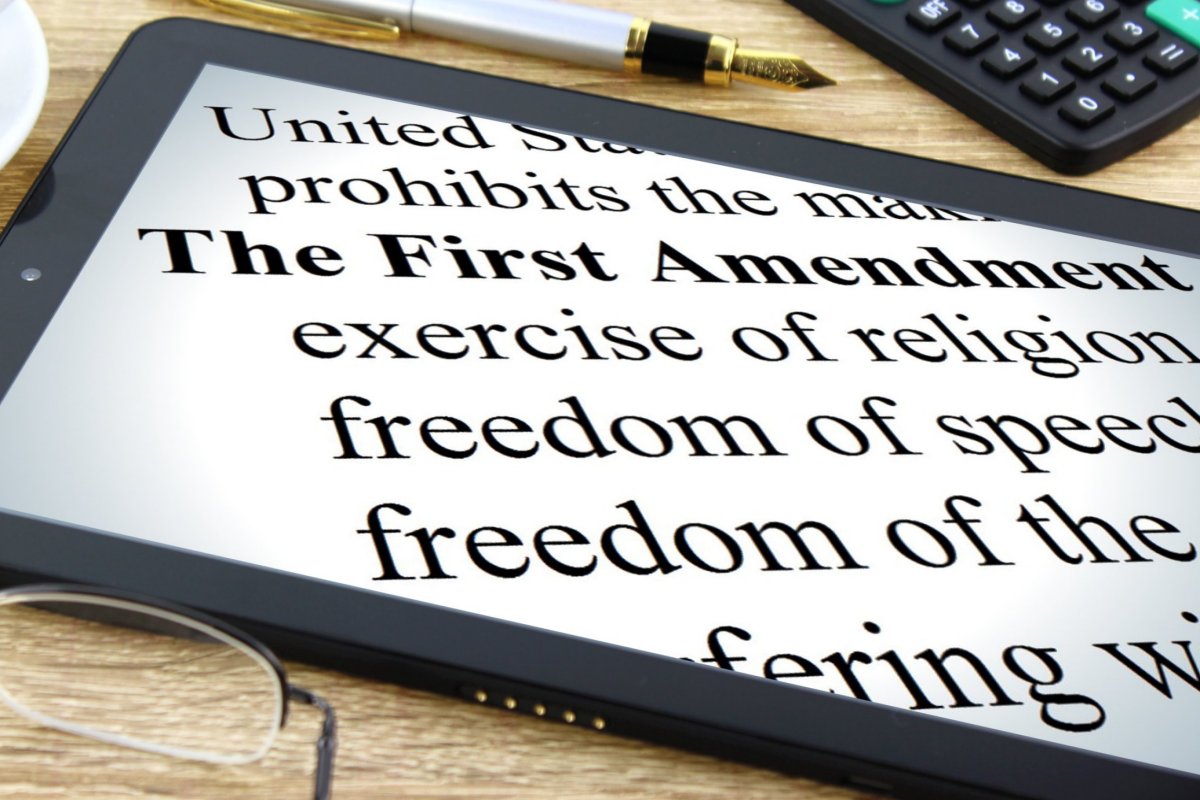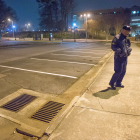A recent national study of college students’ perceptions of free speech found a tendency among students to misunderstand the implications of the First Amendment.
The national survey, conducted on 1,500 college students by the Brookings Institute and Charles Koch Foundation and published Sept. 18, comes in the wake of a white nationalist rally in Charlottesville, Virginia, which left one counter protester dead and illuminated a nationwide divide in perception of the First Amendment’s freedoms.
“Among many current college students, there is a significant divergence between the actual and perceived scope of First Amendment freedoms,” according to the study.
One aspect of this divergence that particularly concerned researchers was students’ perceptions of the First Amendment’s protection of hate speech. According to UCLA professor John Villasenor, the principal researcher for the survey, fewer than half of the respondents said they believed hate speech is constitutionally protected.
While the Supreme Court has established certain kinds of speech the First Amendment does not protect — such as defamation, immediate threats of violence and speech that incites violence or encourages illegal acts — hate speech is not among these exceptions.
The survey also shined a light on the partisan lines along which students are divided on the subject of protesting a controversial speaker on campus.
“Sixty-two percent of Democrats, but ‘only’ 39 percent of Republicans [agreed], that it was acceptable to shout down the speaker,” Villasenor said. “More generally, I find the numbers to be highly concerning because they show that a very significant fraction of students, across all categories, believe it is acceptable to silence (by shouting) a speaker they find offensive.”
Closely related to protesting controversial speakers is whether or not violence should be used to shut them down. While 80 percent of the surveyed students responded that violence is not acceptable, the 20 percent of students who responded that it is acceptable concerns professor Villasenor.
“While percentages in the high teens and 20s are ‘low’ relative to what they could be, it’s important to remember that this question is asking about the acceptability of committing violence in order to silence speech,” he said. “Any number significantly above zero is concerning.”
Dr. Michael Sanseviro, the KSU dean of student affairs, said the university remains committed to promoting free speech and expression.
“KSU takes our constitutional obligations very seriously and ensures all members of our community have equal access and opportunity to express themselves in a variety of ways,” Sanseviro said.
He said a few examples include the Democracy Walls available on both campuses, multiple student media outlets and the hundreds of programs and activities hosted by KSU’s 300+ student organizations.
Sanseviro also praised KSU’s annual Constitution Week — which ran this year from Sept. 17-26 — as a powerful force for promoting the free exchange of ideas on campus and in the classroom. The week included numerous panel and group discussions, a workshop dedicated to writing letters to local elected officials and an opportunity for KSU students to register for voting.
Although KSU is taking a plethora of initiatives to ensure that all students have their voices heard, Sanseviro acknowledges that there is only so much KSU faculty can do.
“Each individual is ultimately responsible for monitoring their own conduct,” he said. “And, being an educated citizen allows students to make appropriate and informed decisions.”



” While 80 percent of the surveyed students responded that violence is not acceptable, the 20 percent of students who responded that it is acceptable concerns professor Villasenor.”
Interesting that the breakdown between Democrats and Republicans is not given. So curious.